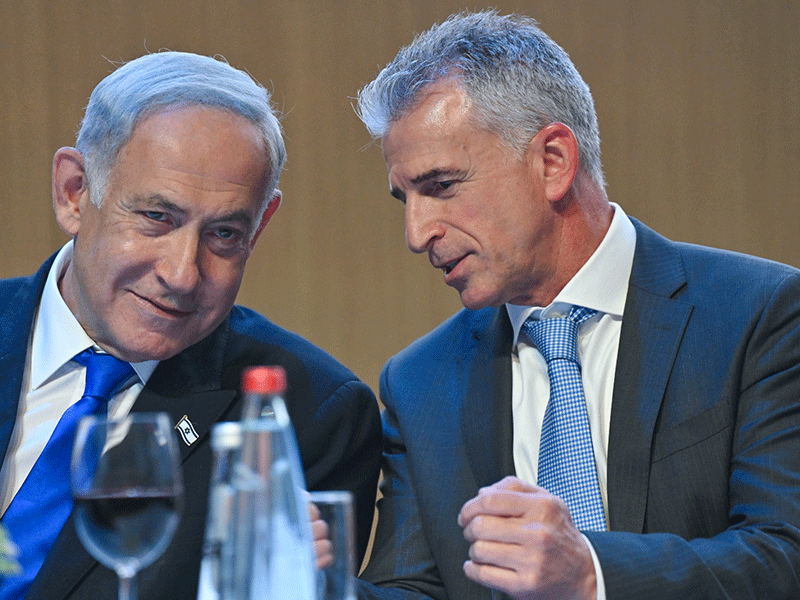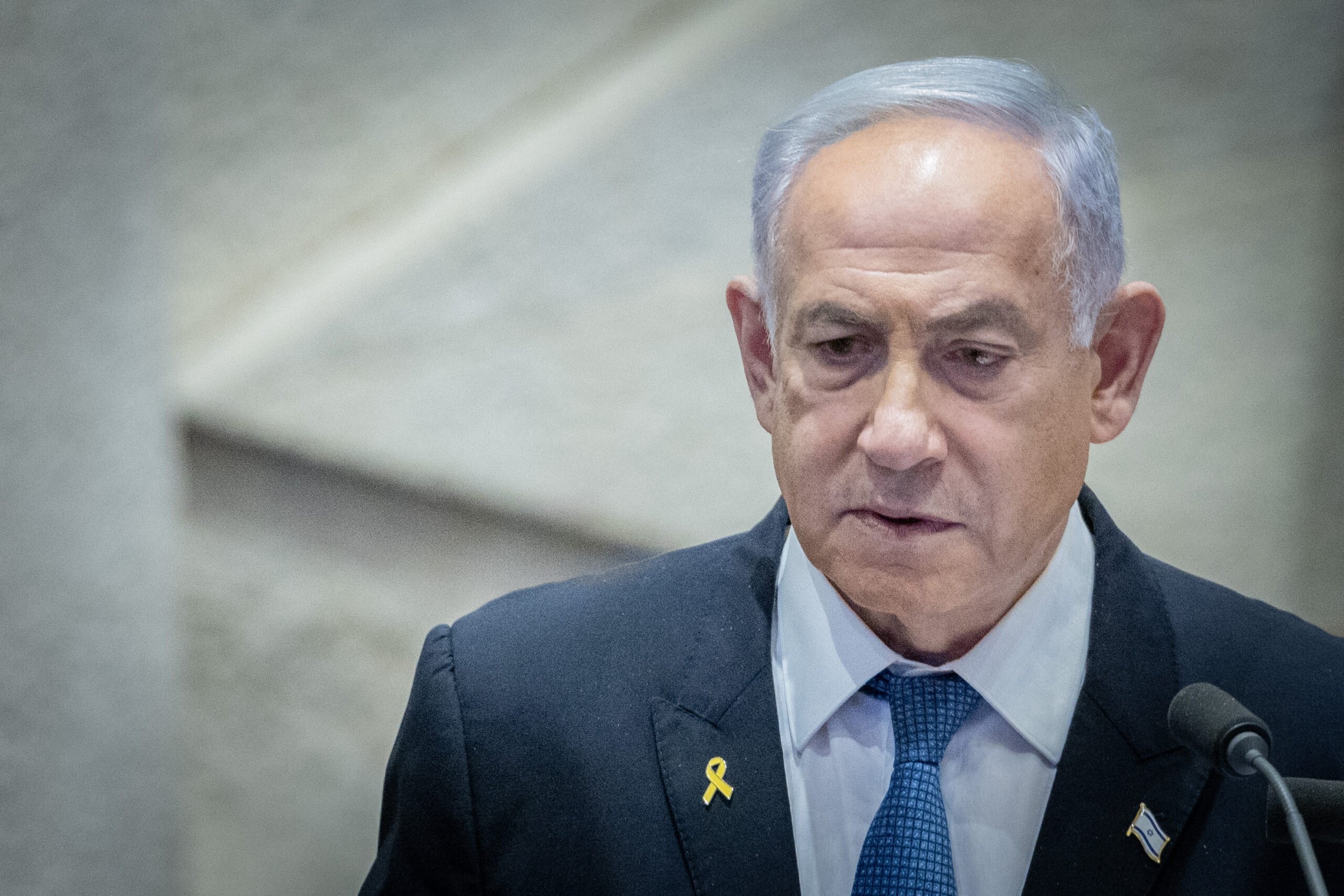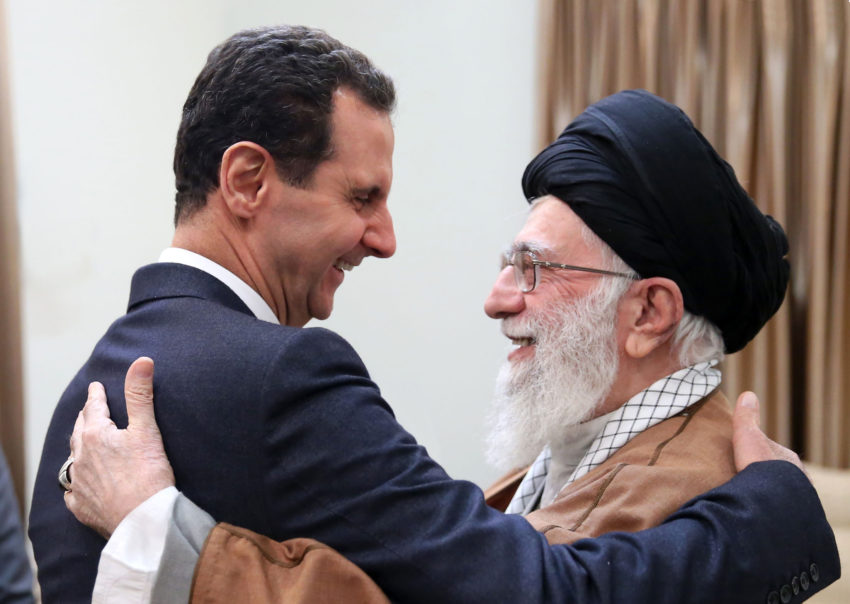ARTICLE AD BOX
The operation was the “tipping point” of the war against Hezbollah, said one agent.
By Batya Jerenberg, World Israel News
Two recently retired senior Mossad agents with direct knowledge of their agency’s plot to attack thousands of Hezbollah operatives through their pagers revealed new details of the operation to the CBS program “60 Minutes” Sunday.
The two men, “Michael” and “Gabriel,” spoke to interviewer Leslie Stahl with their heads completely covered and their voices changed, to protect their identities.
“Michael” explained that the Mossad had begun by tampering with walkie talkies over ten years ago. “The walkie-talkie was a weapon, just like a bullet or a missile or a mortar,” he said.
The agency invented a way to place an explosive device inside the battery in a way that couldn’t be detected, and then sold 16,000 of them to the terror organization.
“They got a good price,” the former agent noted.
When asked exactly who was the middleman, as Hezbollah could not suspect that it came from the Jewish state, “Michael” answered, “We have an incredible array of possibilities of creating foreign companies that have no way of being traced back to Israel.”
Since “walkie talkies are only used in battle,” Stahl commented, in 2022 the Mossad decided to try for something that the terrorists would carry with them all the time – the pagers.
The agency found out that Hezbollah had already bought beepers from a Taiwanese company called Gold Apollo and duped the company into signing a cooperative agreement to manufacture the pagers under its name.
“Gold Apollo had zero clue that they are working with the Mossad,” said“Gabriel,” confirming the company’s declaration after the mini-bombs went off.
He also laid to rest the rumor that the pagers were also used to track the terrorists, saying “This is a very stupid device by nature – this is the reason [the terrorists] use it. There’s almost no way how to tap it.”
The Israelis used dummies to test exactly how much explosive material would be the maximum possible to hurt the beeper’s owner but not anyone nearby.
“Even if his wife or his daughter will be just next to him, he is the only one that’s going to be harmed,” the second agent explained.
Still, to make it into a bomb, it had to be somewhat larger than the regular commercial ones, which would make them less comfortable in a pocket. So the agency marketed them in ads online by extolling its “added features,” such being waterproof, dustproof, extremely durable, and having an extra-long battery life, besides being rechargeable.
Only “several grams” of explosives were packed into each one at the end, the agent noted.
When regular customers called to order them, they were fobbed off by the expensive price they were quoted, “Gabriel” said.
The agency used a Gold Apollo saleswoman Hezbollah was familiar with, who offered them the first batch of the “upgraded” beepers for free.
In the end, 5,000 terrorists were carrying them around when they were detonated on September 17, after the Mossad thought that the organization was beginning to suspect their pocket pagers.
It was also very soon after the government had declared that another war goal was to return evacuated Israelis to their homes in the north, which meant dealing a heavy blow to Hezbollah so it could not keep launching rockets and UAVs over the border.
About 30 people were killed in the attack and some 3,000 were injured. One day later, the walkie talkies were detonated, wounding more and even killing a few terrorists who were attending the funerals of their comrades.
“This was the tipping point of the war,” said “Gabriel,” because when Hezbollah chief Hassan Nasrallah went on the air a day after that, “if you look at his eyes, he was defeated….If his soldiers looked at him during that speech, they saw a broken leader.”
Nasrallah had been in close proximity when a few pagers exploded, “Gabriel” noted.
“Just next to him in the bunker [were] several people receiving the [incoming pager] message, and with his own eyes he saw them collapsing,” he said.
When asked how he knew that, he answered, “It’s a strong rumor.”
Ten days later, Nasrallah was dead himself, after the IAF dropped 80 tons of bombs to reach his bunker, hidden deep under a civilian apartment building in Beirut.

 3 days ago
15
3 days ago
15









 English (US) ·
English (US) ·